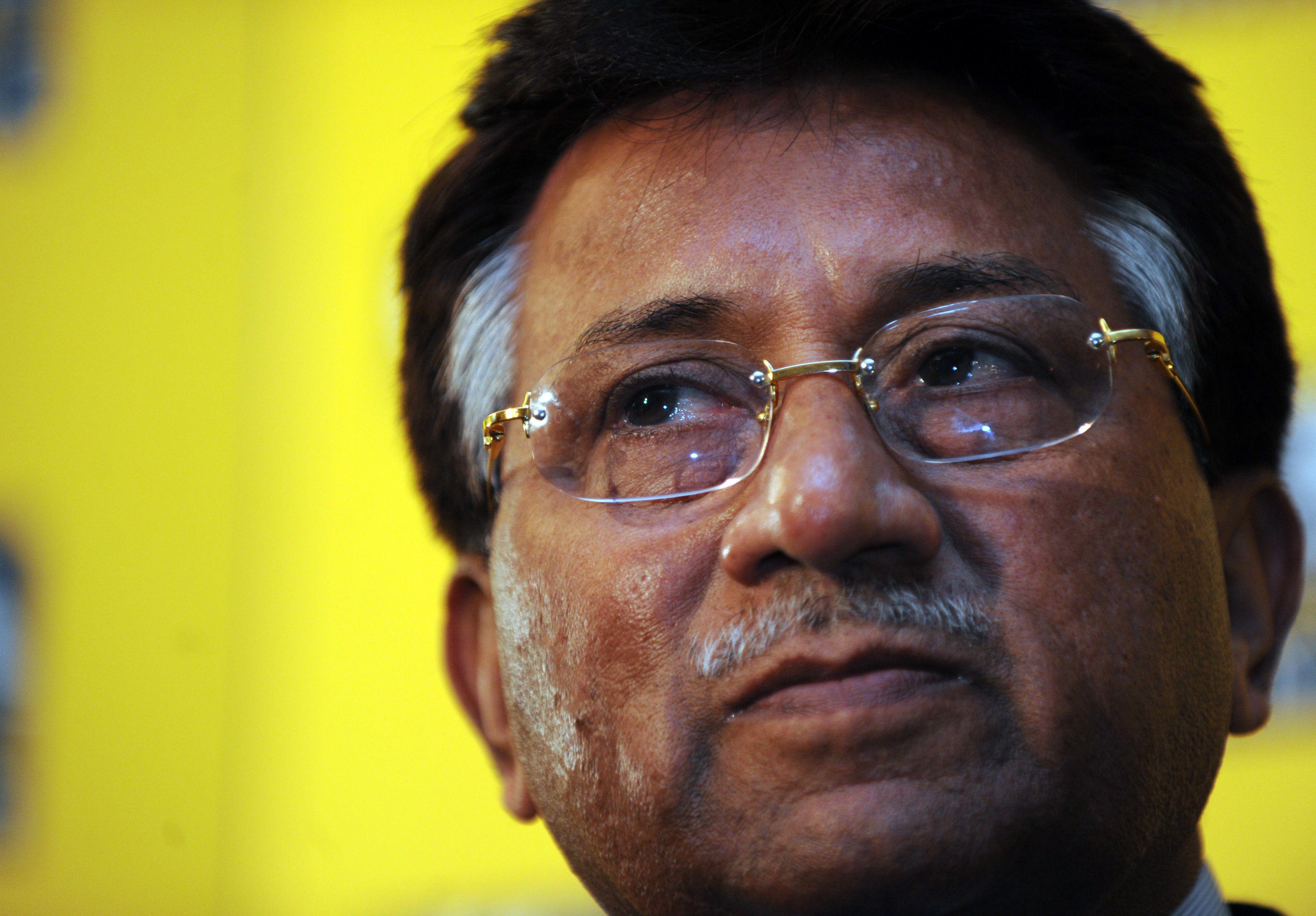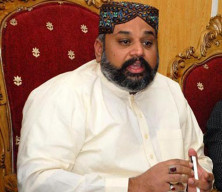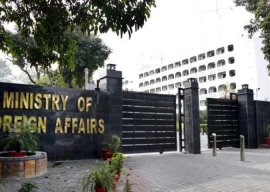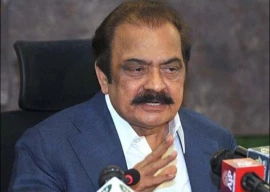
On Monday, the Supreme Court will finally take up a petition seeking to bring treason charges against former military ruler Gen Pervez Musharraf. It is not certain how the legal wrangling would play out before the general is put in the dock to answer nagging questions about the way he twice subverted the Constitution and committed other crimes with impunity, hoping never to have to account for them.
On March 22, he had appeared in person in the Sindh High Court to ask for an extension in the protective bail given him in cases like the assassination of Benazir Bhutto. “The first feeling when I stood up for the judge…I did feel somehow a little insulted, a little humiliated,” Musharraf later told CNN. That day, to add near-injury to insult, an angry lawyer threw a shoe at him. Though most people disapproved and, mercifully, he escaped unhurt, it only reflected the intensity of the dislike and disdain he arouses.
The petition will be heard by a three-member bench headed by Chief Justice Iftikhar Mohammad Chaudhry. It is expected that, as the case gets going, Musharraf will one day have to come face to face with his nemesis after a gap of six years. It will be like a replay of March 9, 2007, though the roles would have been reversed. On that fateful day, which reshaped the history of this country, CJ Iftikhar Chaudhry was subjected to all kinds of indignities and slurs by the dictator and his generals. But the CJ did not waver and emerged from that despicable episode to become an emblem of freedom and resistance to an authoritarian ruler who, in turn, earned only the odium of universal disgust and contempt.
For the first time, Article 6 is being invoked ever since it was injected in the 1973 Constitution, declaring subversion of the constitution an act of treason carrying the death penalty. The first offender was Gen. Zia, who overthrew the author of that constitution, Premier Zulfiqar Ali Bhutto, in 1977. Then in October 1999, Musharraf toppled the man, who, like Bhutto in case of Zia, ignored seniority to elevate him as army chief. Zia hanged Bhutto in April 1979 after a sham murder trial while Musharraf’s judges awarded the death penalty to Nawaz Sharif, later commuted under international pressure to a 10-year exile in Saudi Arabia.
Musharraf is the first military dictator to be tried under Article six in a country which has witnessed four military chiefs abrogating the constitution and ruling Pakistan for nearly half of its life. He also has to answer many other criminal charges, including that of the killing of Nawab Akbar Bugti.
In a heightened state of self-delusion, he returned to the country he had once ruled on March 24 to “save Pakistan”. The isolation he has suffered since then should have freed him from misconceptions and brought home a realisation that he has condemned himself to a bleak future. The ‘saviour’ of Pakistan may, in the end, be unable to save himself.
The author is a former Secretary General of PFUJ. Currently he is the Pakistan Correspondent for Khaleej Times.
Published in The Express Tribune, April 6th, 2013.
COMMENTS (1)
Comments are moderated and generally will be posted if they are on-topic and not abusive.
For more information, please see our Comments FAQ

















Might is right, auther of constitution was hanged by a dictator,it is opened to all world he was innocent but despite of all prosecuted. Zia toppled government which was democraticallt elected ,Prime minister was unanimously elected by the majority members of the parliament,but was tried and hanged ,no doubt might is right still ruling over the country.